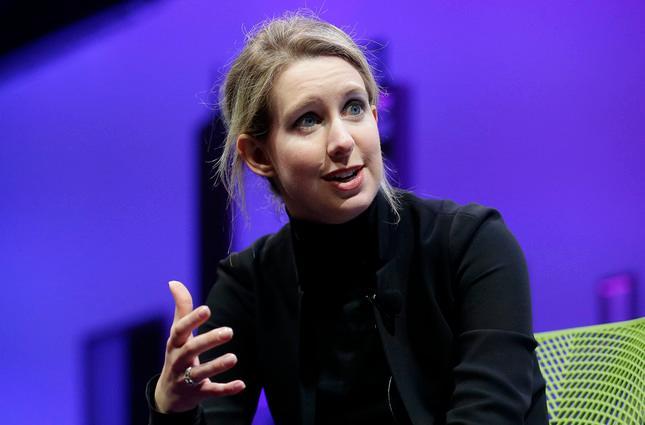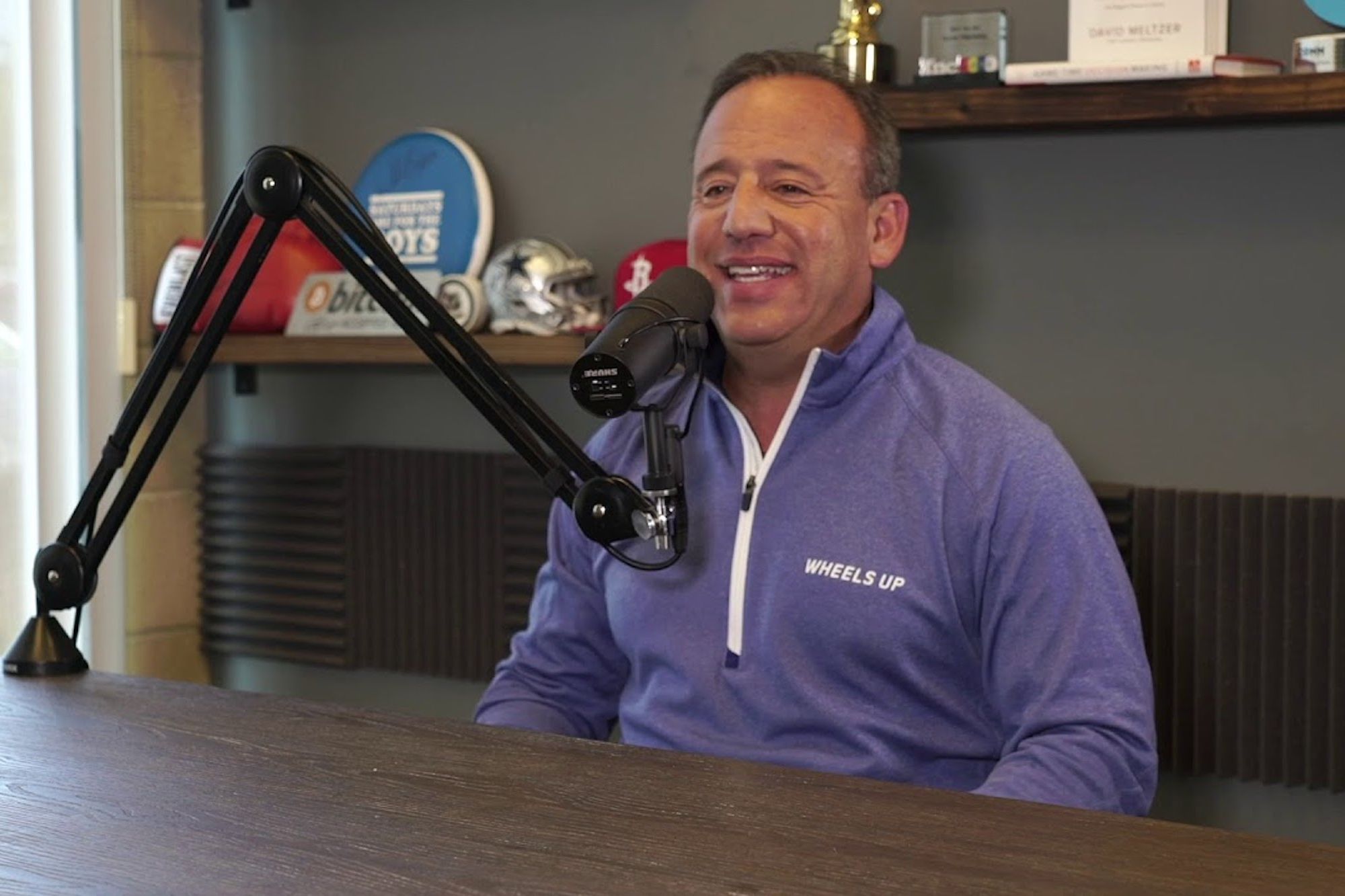Amid a barrage of new legal motions seeking dismissal of felony fraud charges against her, Theranos founder Elizabeth Holmes is claiming the federal court judge overseeing the case erred in a decision about her obligations to investors in the defunct Palo Alto blood-testing startup.
Holmes claimed in a filing that Judge Edward Davila was mistaken when he agreed with prosecutors that indictments sufficiently alleged that she and co-accused former Theranos president Sunny Balwani had “a duty of trust” to investors. “The Court failed to consider whether Ms. Holmes acted for the benefit of investors,” the motion filed with four others last Friday in U.S. District Court in San Jose claimed.
That decision related to Holmes’ bid in December to get her second — or “superseding” — indictment dismissed. She had claimed in a filing that the indictment “failed to allege a duty to disclose sufficient to support a fraud-by-omission theory.” Her filing Friday argued that the two subsequent superseding indictments lacked anything to indicate she and Balwani were acting “for the benefit of” investors.
“Nothing in the indictments suggests anything other than an arms’-length relationship between Ms. Holmes and Theranos’ investors,” her new filing said. “Even if one could infer from the indictments that investors may have relaxed their ordinary standards of care as a result of alleged misrepresentations (which is implausible given the sophistication of Theranos’s investors), that does not establish that Ms. Holmes was acting for their benefits.”
Holmes, who founded Theranos in 2003, is charged with allegedly bilking investors out of hundreds of millions of dollars, and defrauding doctors and patients with false claims that the company’s machines could conduct a full range of tests using just a few drops of blood. She and Balwani have denied the allegations.
She is asking Davila to throw out the two most recent indictments, and order prosecutors to provide her legal team with details about alleged misrepresentations, names of investors, doctors or patients who might testify to having been deceived, plus the facts giving rise to the allegation of a duty of disclosure.
In another motion, Holmes wants seven of her 12 fraud charges tossed out, on the basis that prosecutors have introduced a “cryptic and tortured definition of the term ‘investors’” that “would expand exponentially the scope of the alleged scheme to defraud.”
“What does ‘business partners’ mean?” the motion said. “That undefined term could sweep in any number of individuals, companies, or governmental entities with which Theranos engaged in transactions. Which business partners? How is the government alleging that such business partners ‘invested’ in Theranos?”
A third motion requests dismissal of the same seven charges — all related to investors — on the claim that they each improperly allege multiple schemes, which should require a separate charge.
“The government could have charged a separate scheme to defraud ‘business partners’ or an independent scheme to defraud Theranos’ directors from the beginning. It did not. It should not now be permitted to expand the reach of the alleged ‘scheme to defraud investors,’ and thus circumvent the statute of limitations, merely by altering its definition of who is an ‘investor,’” the motion said.
A fourth motion argues that six of the seven investor-related charges and two charges related to patients were laid after a five-year statute of limitations had expired and should be thrown out. Prosecutors in the latest superseding indictment alleged a “new scheme to defraud,” and that indictment’s July 28 filing date puts it more than five years beyond the dates when investors’ money and purportedly fraudulent blood-test results were allegedly transmitted, Holmes’ legal team argued.
A final motion claims the two most recent indictments violate an order by Davila that threw out a part of the government’s case alleging doctors were defrauded. Prosecutors are still trying to present doctors as fraud victims, but the physicians aren’t alleged to have been defrauded of money, the motion argued. “Directing (allegedly) false representations at doctors is simply not wire fraud,” the motion claimed.
Holmes’ trial, twice delayed because of the pandemic, is scheduled to start in March. She faces maximum penalties of 20 years in prison and a $2.75 million fine, plus possible restitution, the Department of Justice has said.










